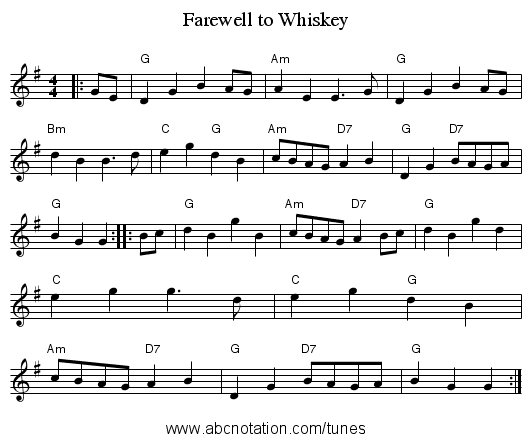A great old Irish tune, possibly about a battle between fairies inhabiting adjacent hills.
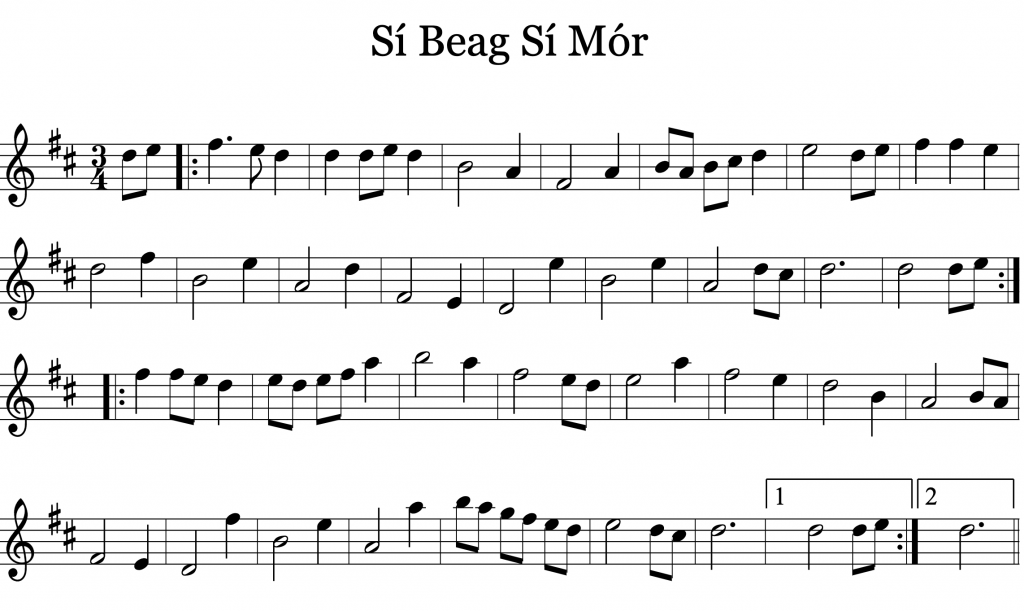
And on The Session: https://thesession.org/tunes/449
A great old Irish tune, possibly about a battle between fairies inhabiting adjacent hills.

And on The Session: https://thesession.org/tunes/449
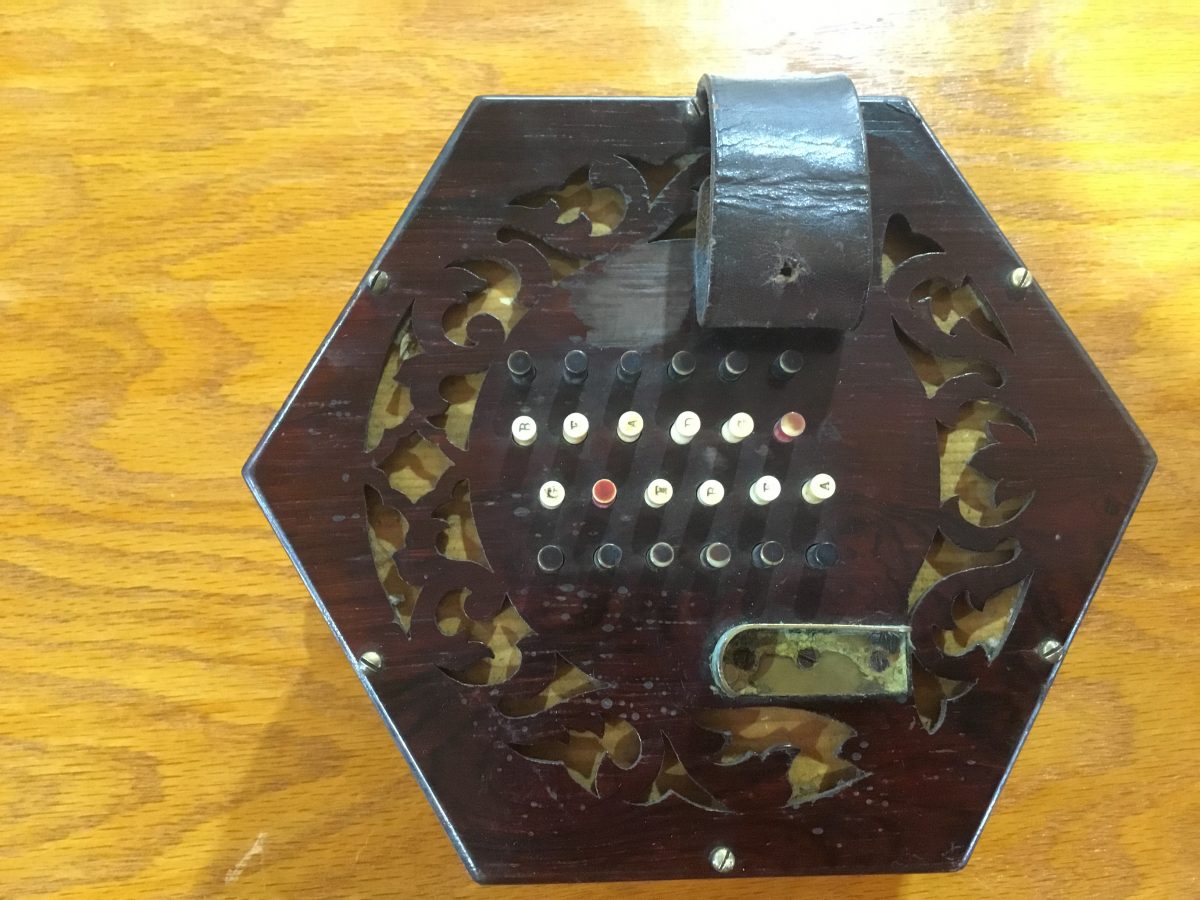
This English concertina is a George Case design, and his patent was leased by Boosey & Co. Boosey made instruments throughout the England in several locations. Mr. Case was a musician and professor. Chris Flint (2010) has written a concise biography of George Tinkler Case.
This particular box was made on Regent Street in London. That workshop was active from 1864-??. It is one of the later concertinas in the Case line, as the greatest serial number know is 5004. 3908 is lower than the lowest number known produced at the Regent Street location (Flint, 2010), suggesting it was one of the earlier boxes produced at that location.
I purchased the box from John Castiglione Accordions in Michigan, US. I suspect that he passed it on due to the amount of work it needs and that he’s running a business. Hopefully, I’ll be able to do it service.
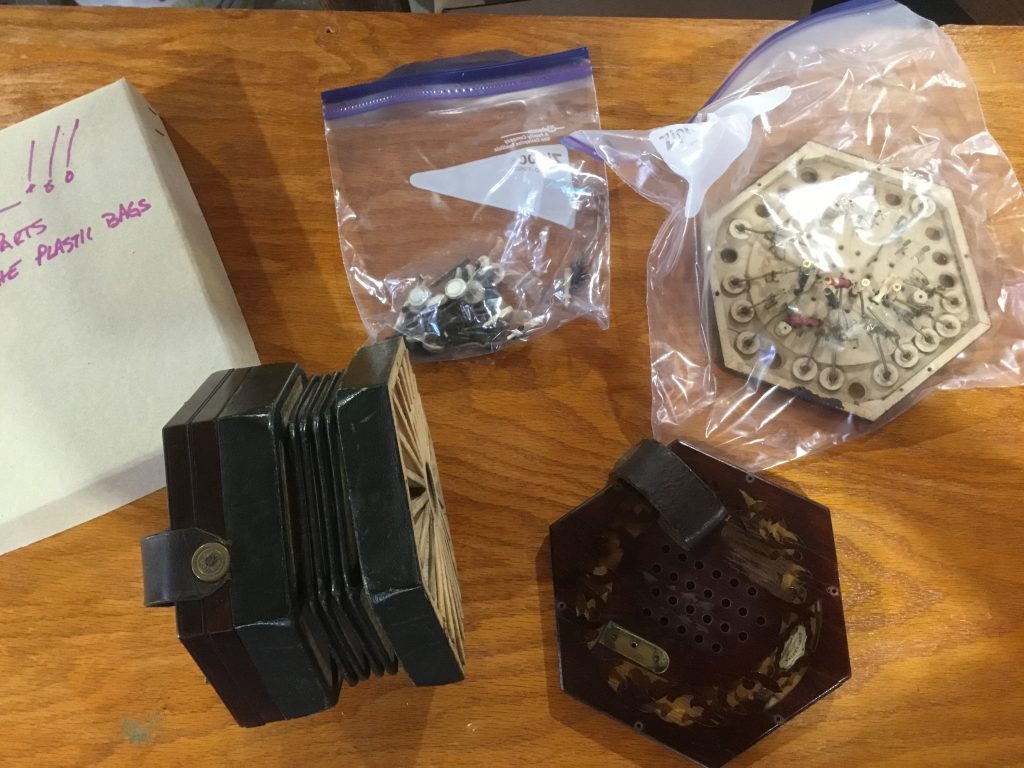
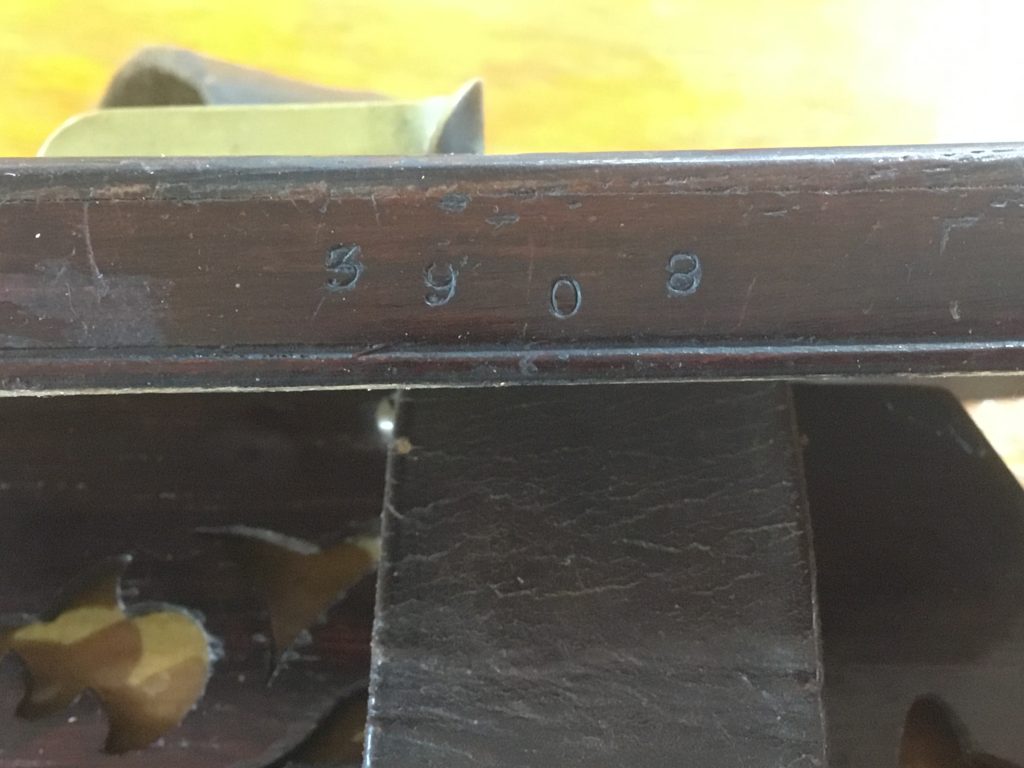
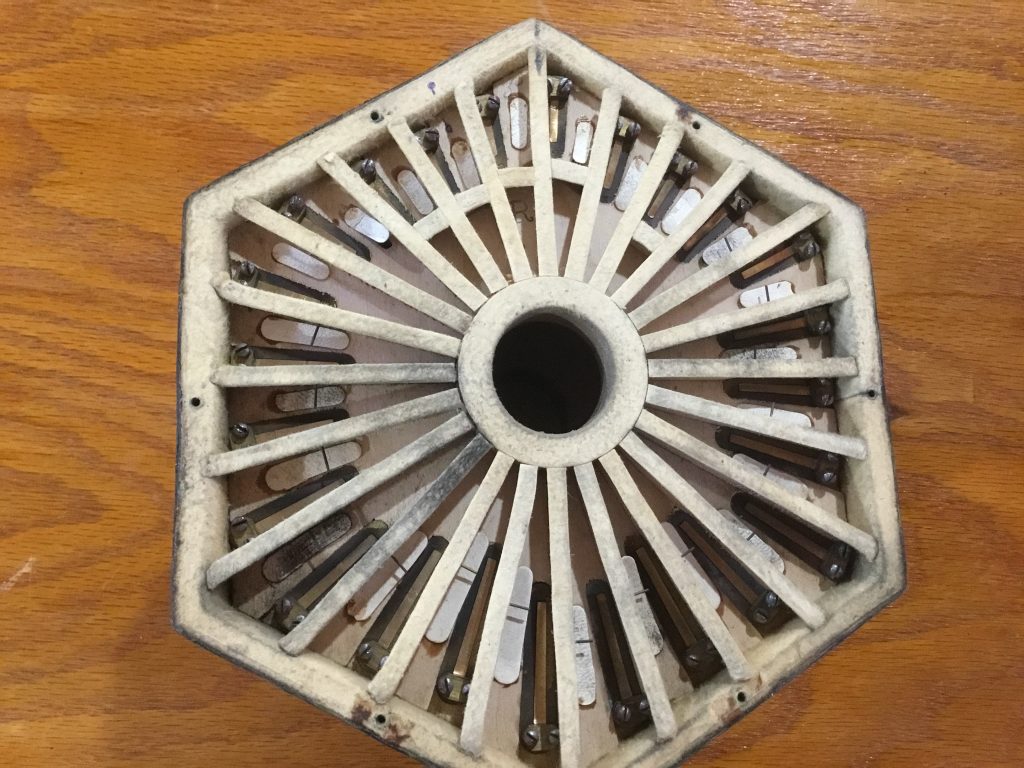
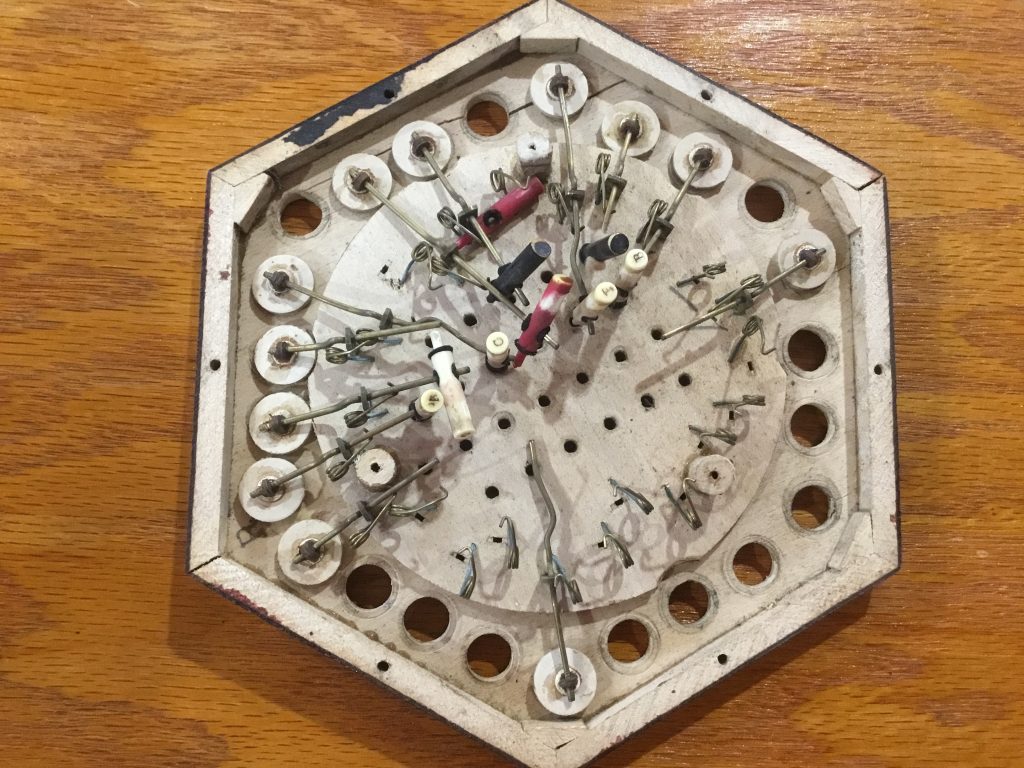
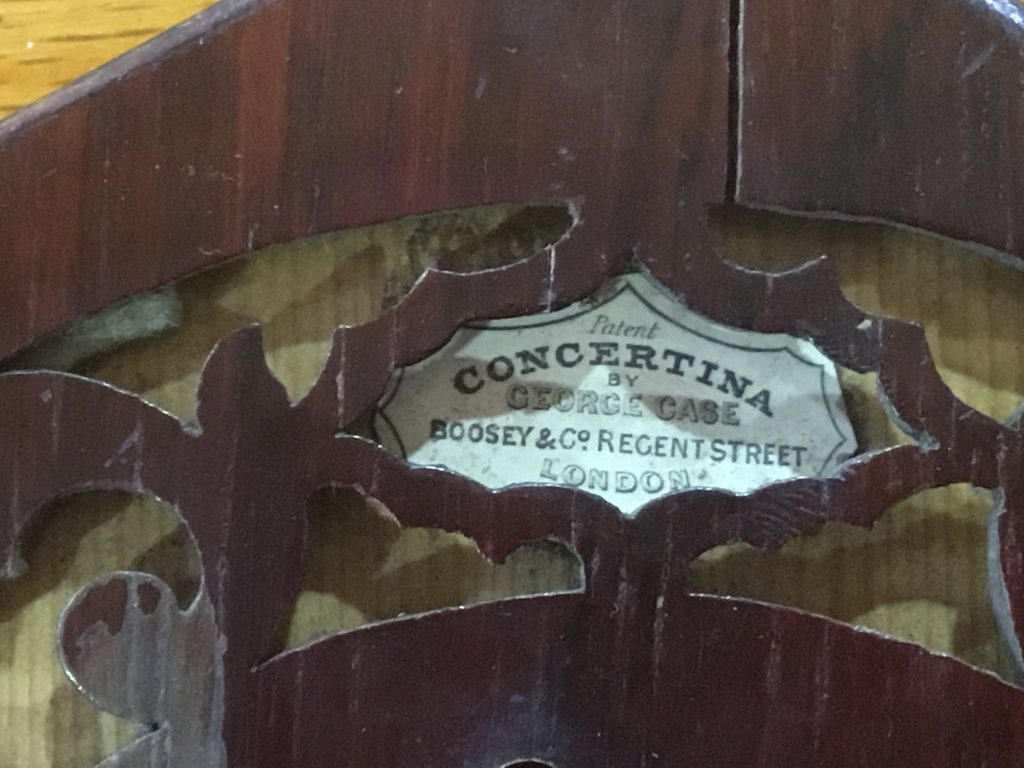
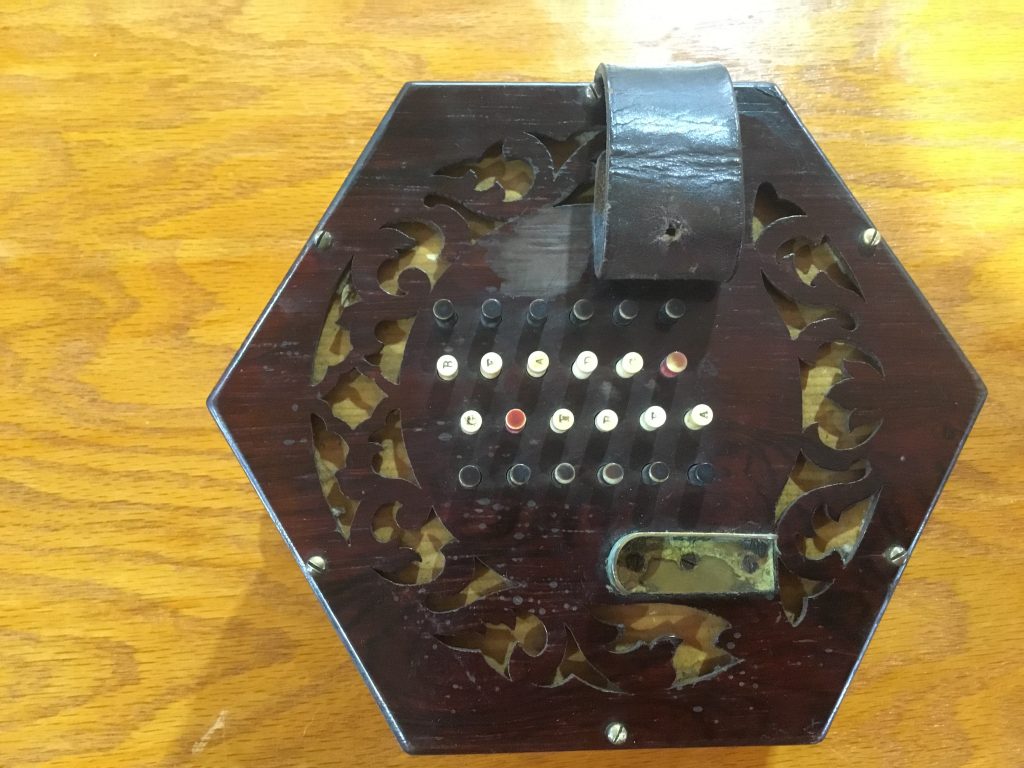
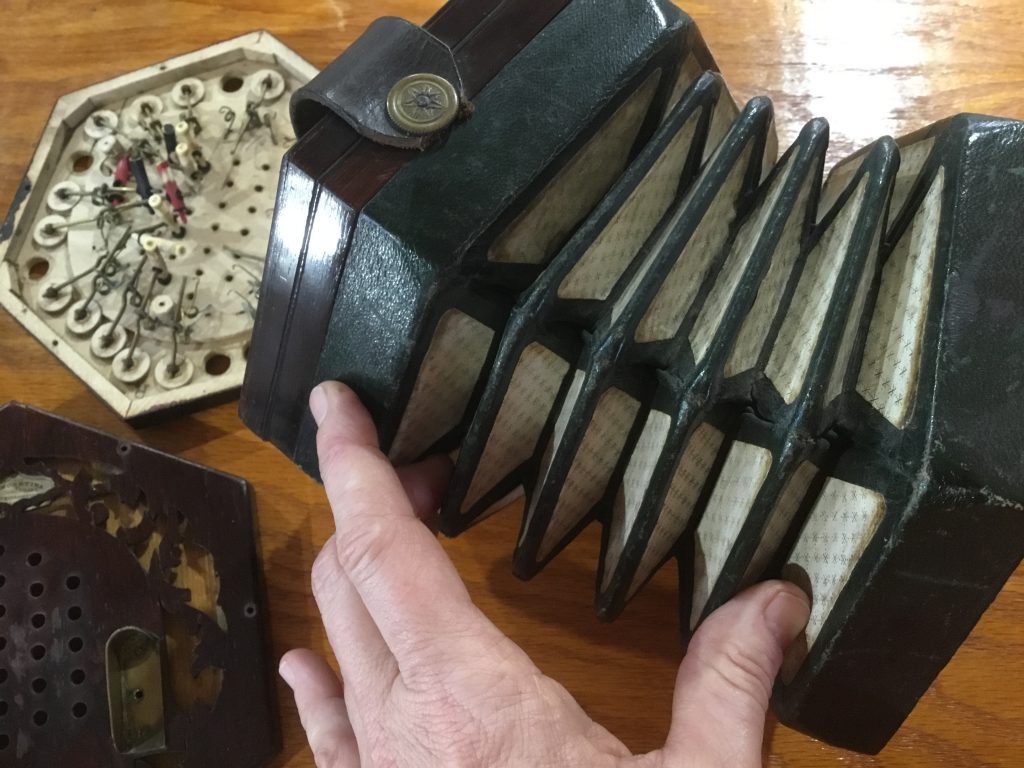
This is an English tune about young love and parting ways.
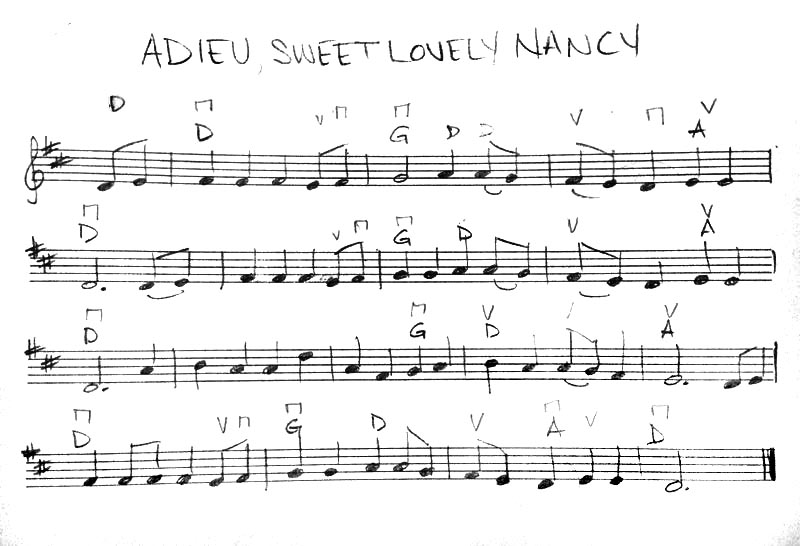
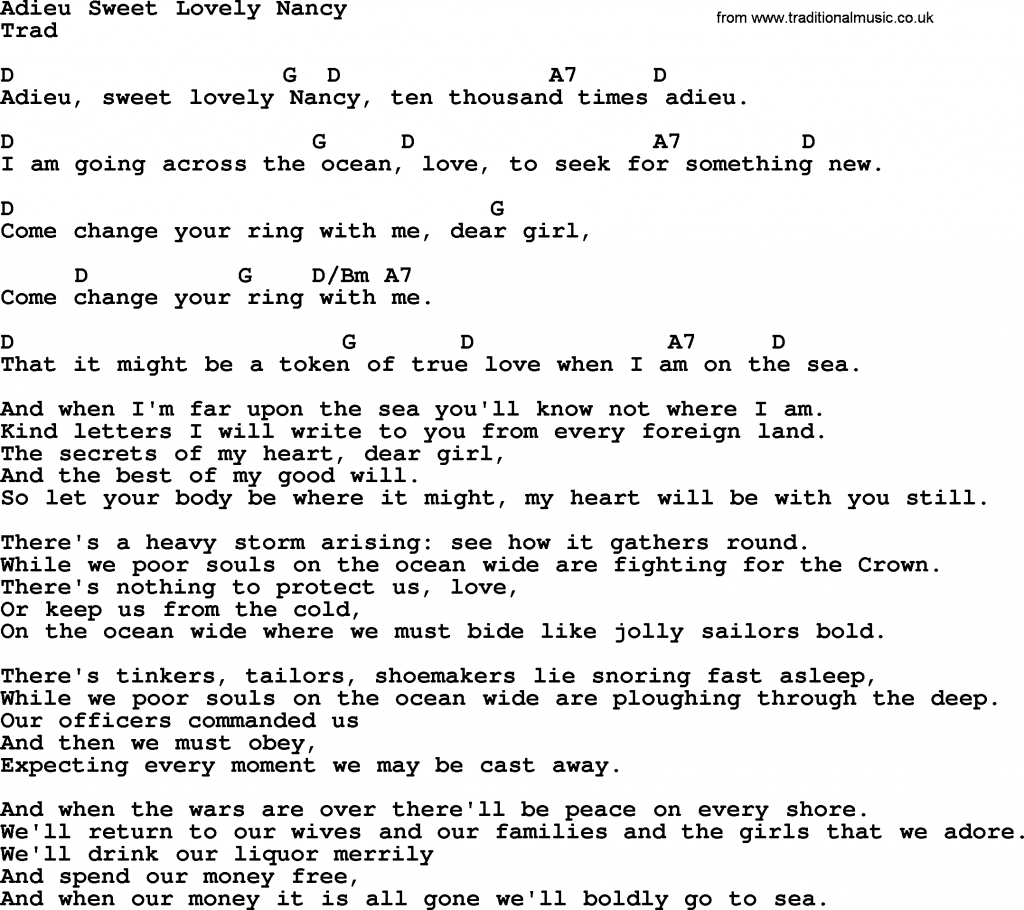
This old Blues lament has many different lyrics and performance interpretations.
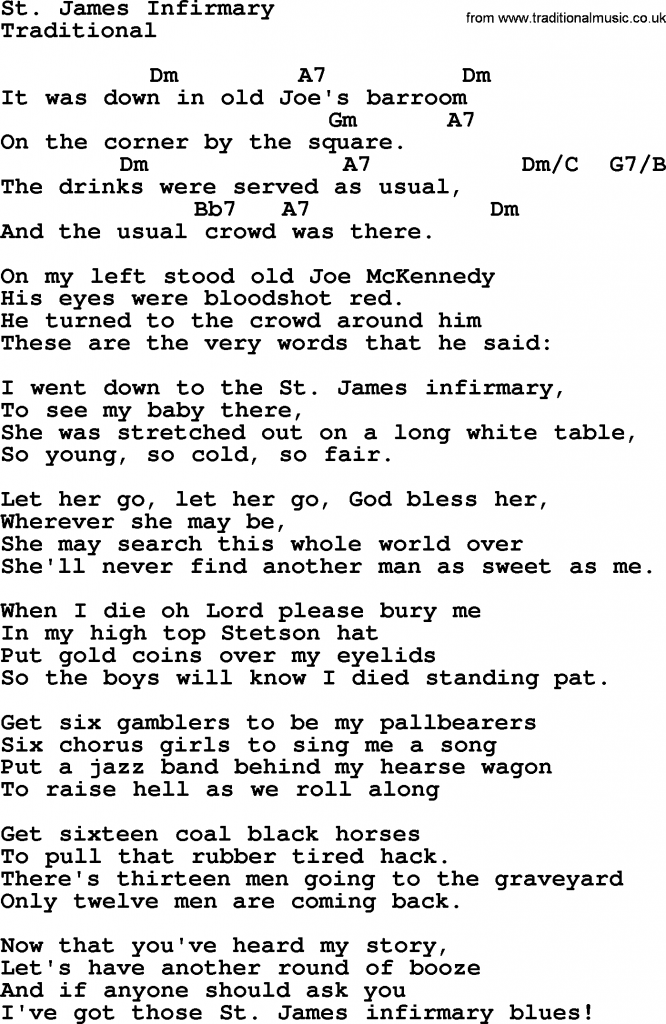
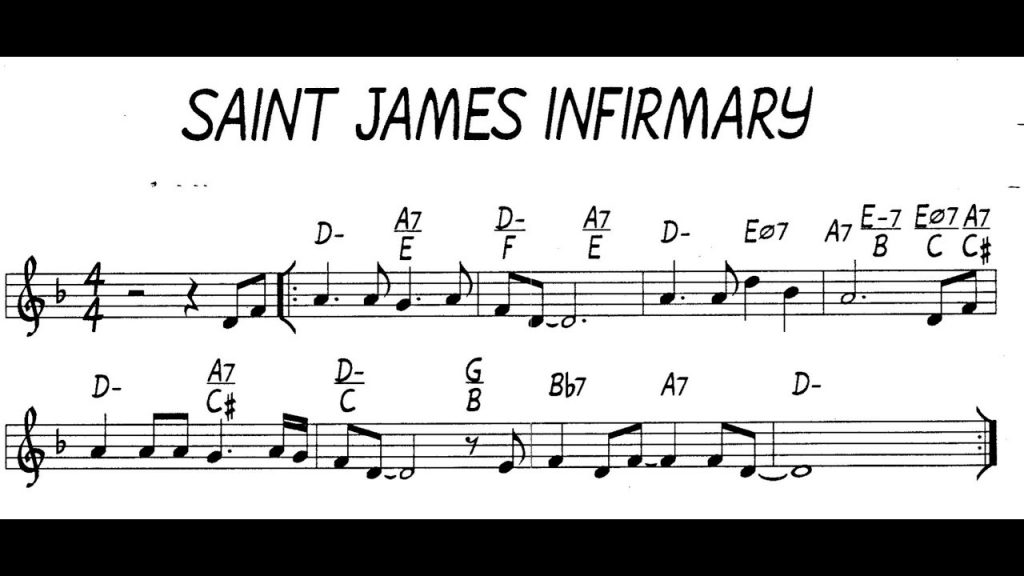
Though the origin of the tune is uncertain, it may have origins as early as early as the 16th Century in a tune called “The Unfortunate Rake.” It’s been interpreted many times, famously but Woodie Guthrie and the Animals.
A good wikipedia article has been developed about this traditional song. https://en.wikipedia.org/wiki/The_House_of_the_Rising_Sun
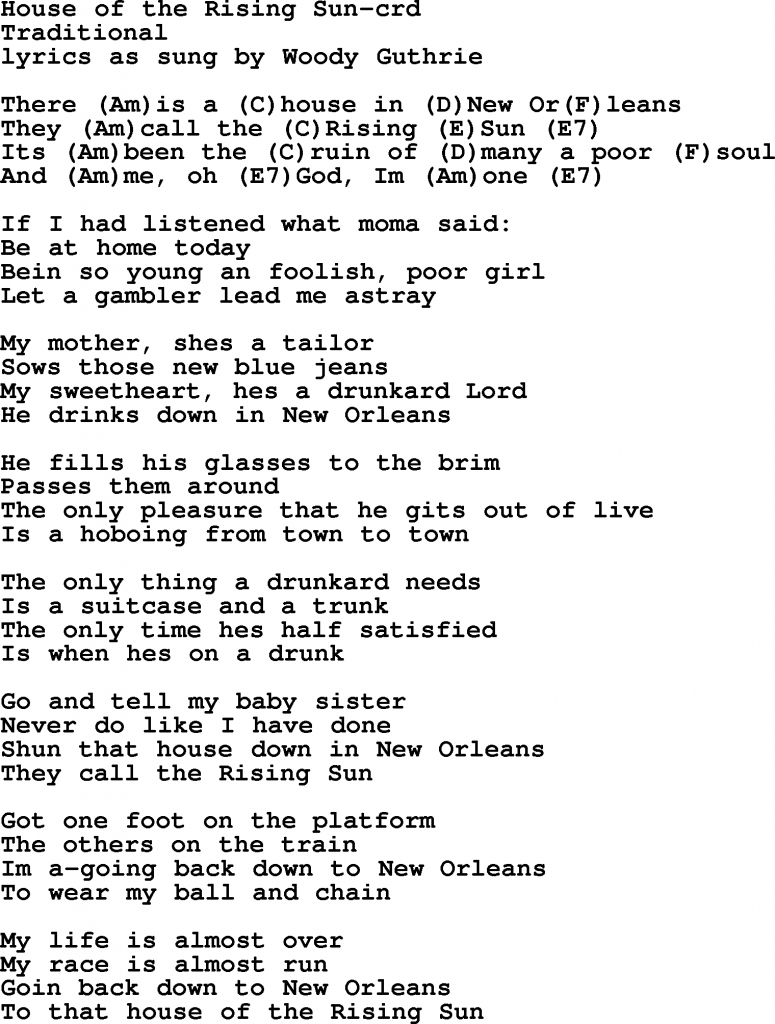
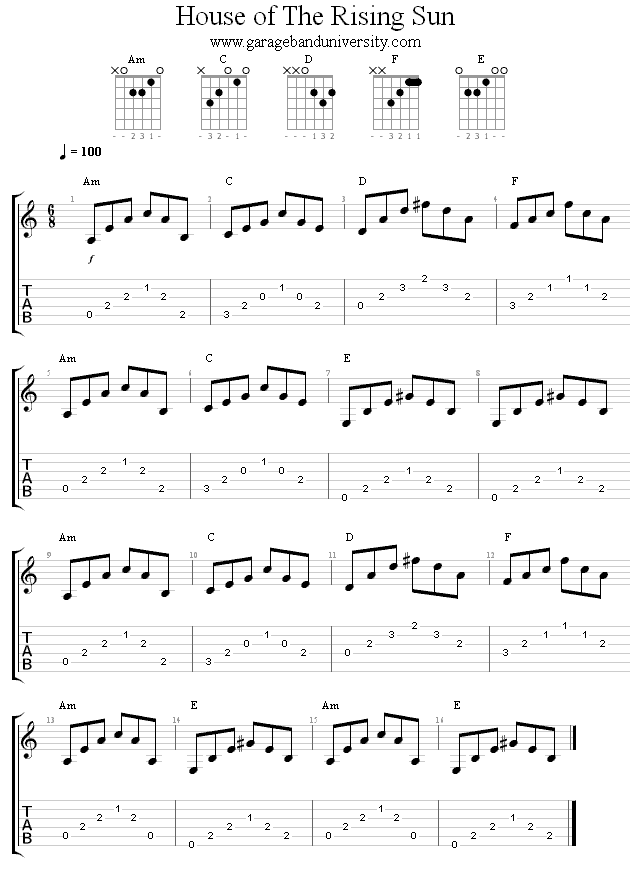
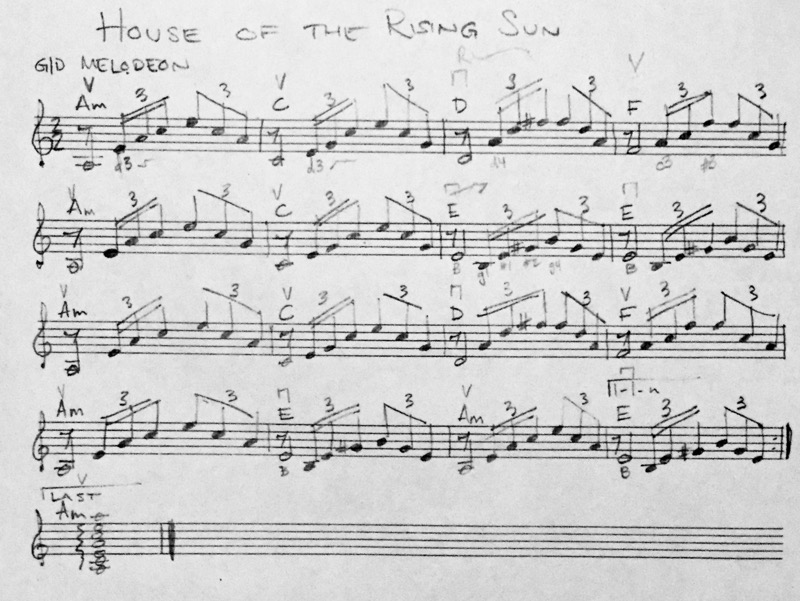
Loved by folk and punk musicians alike this tune about an ill-fated whaling trip and a heroic or incredulous captain (depending on the version). Some records indicate it is as old as 1725.
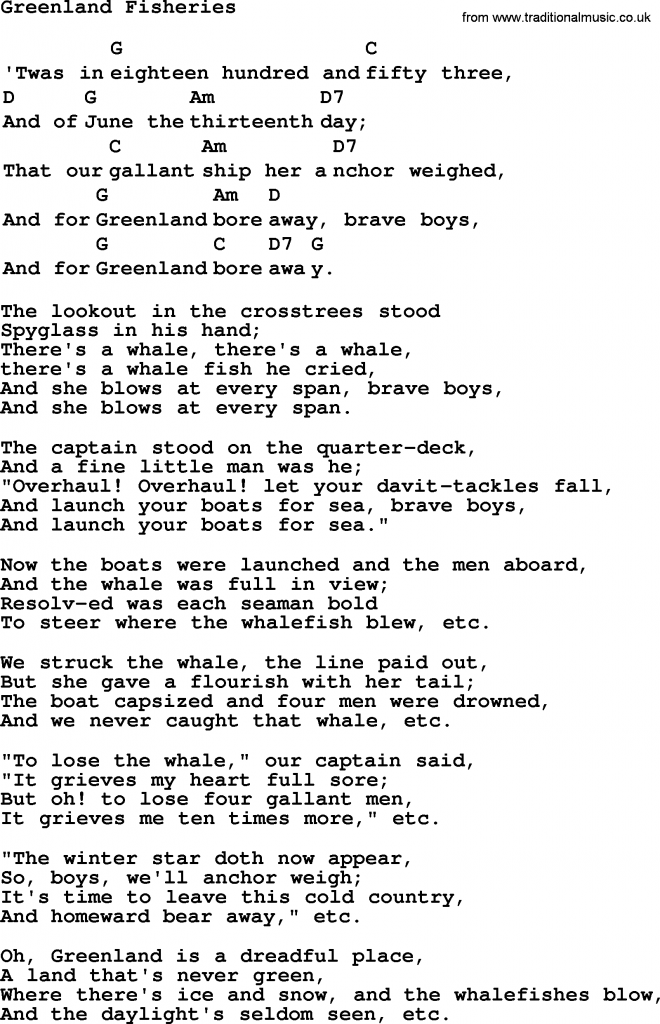
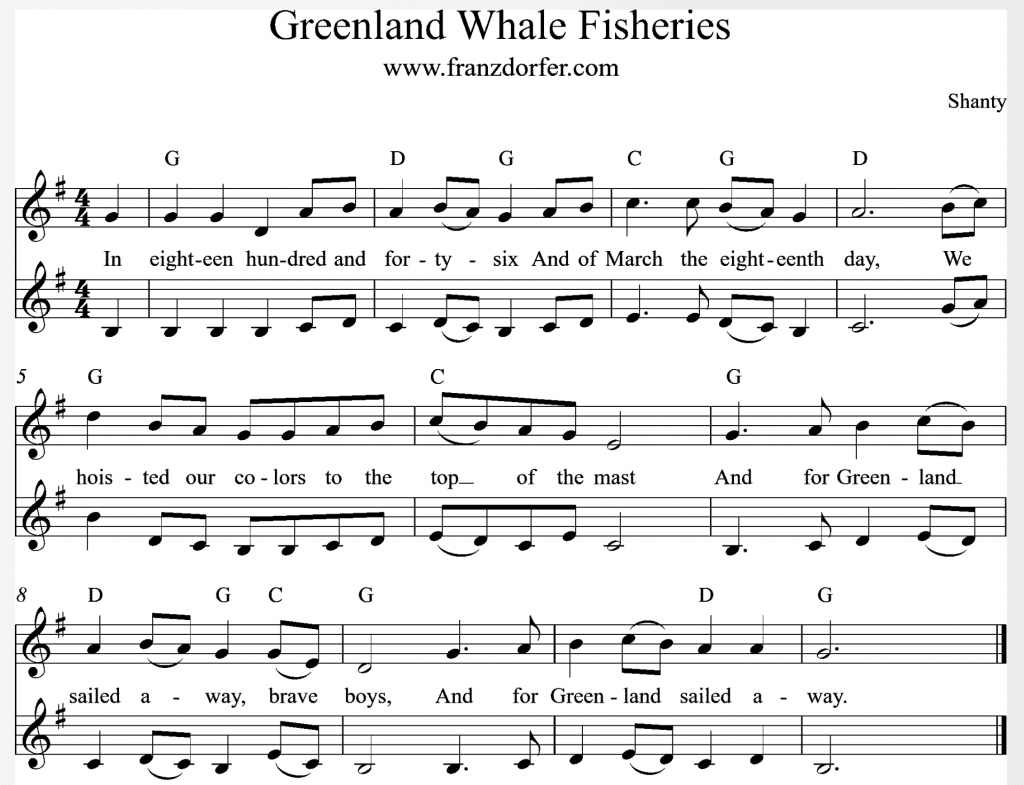
Played in G. A gritty classic from Ireland.
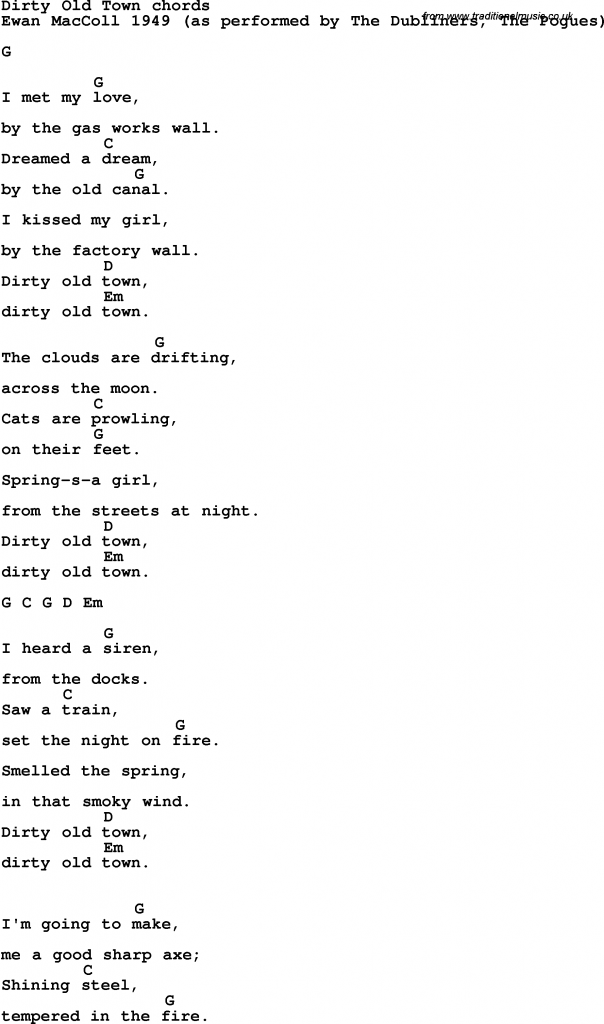
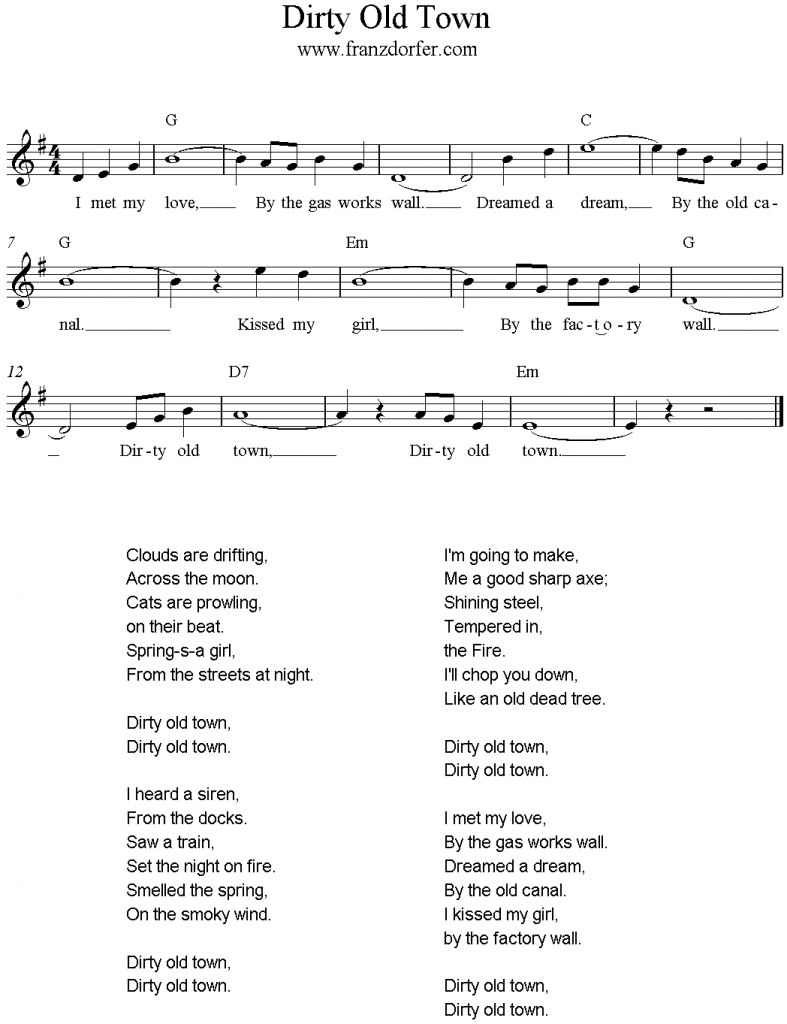
This song is easy enough a beginner can play along even when rather sloshed. The lyrics vary in versions, and can be improvised as suits the group.
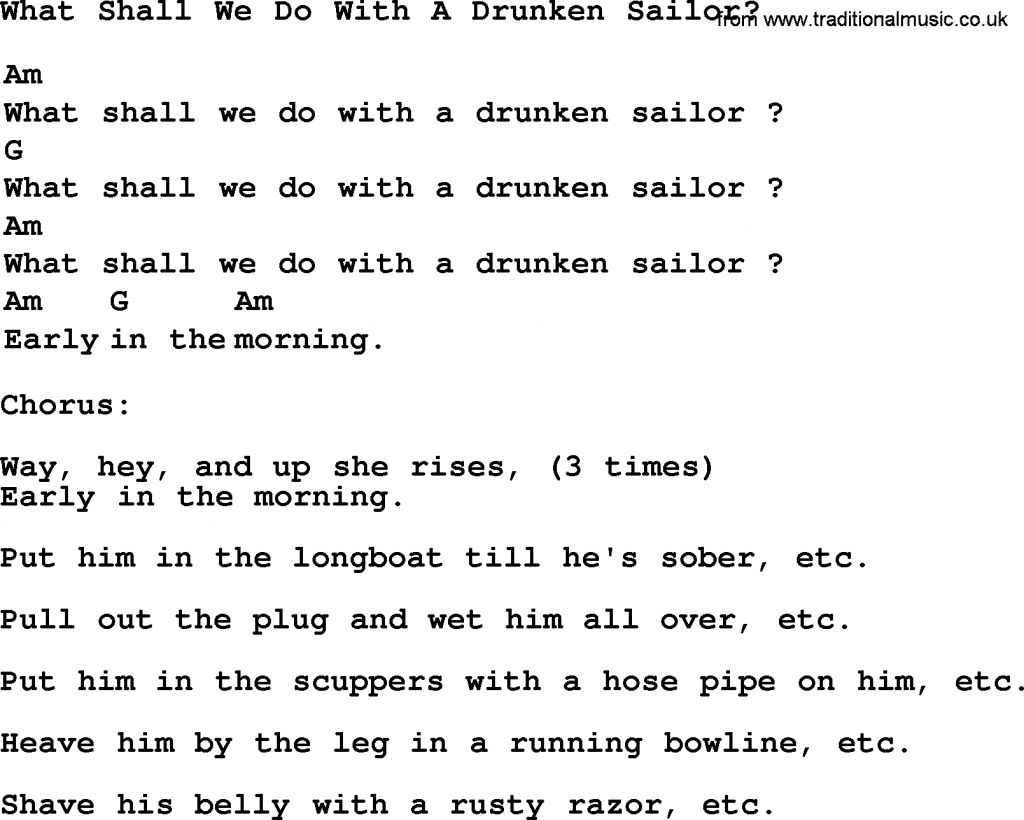
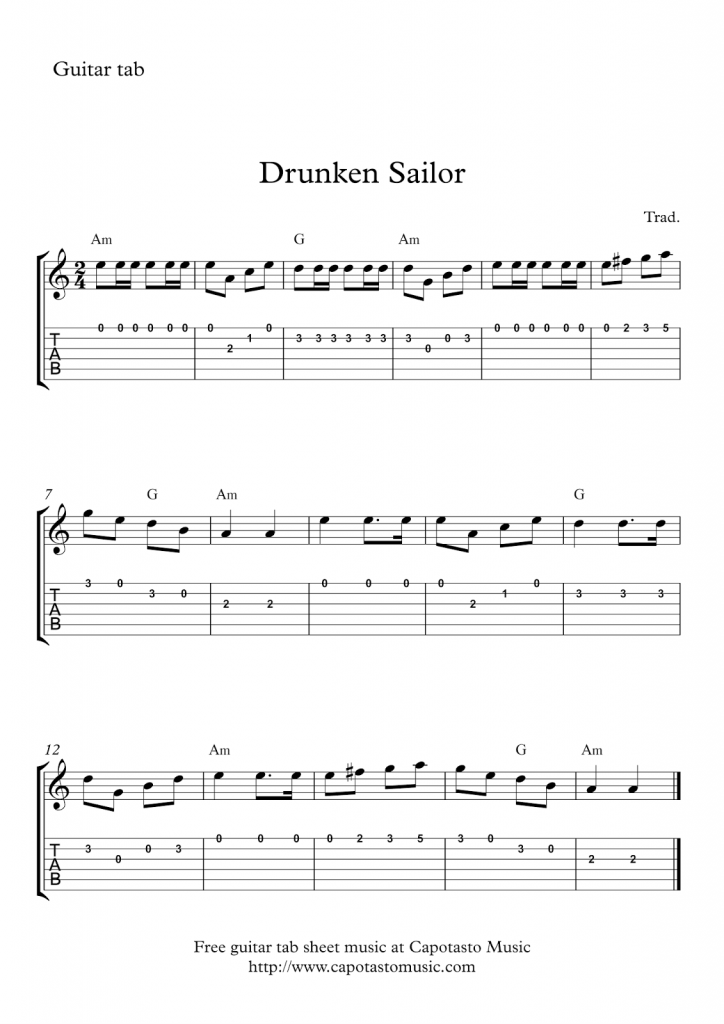
An ancient Irish march, often played expressively like an air. Purportedly sung by then Irish troops returning from the Battle of Clontarf on Good Friday, 1014AD. (Library of Ireland)
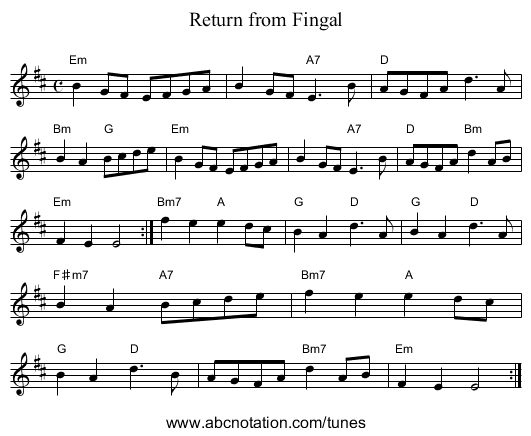
A 1799 Scottish air by fiddler Niel Gow, this tune is often played much faster.
